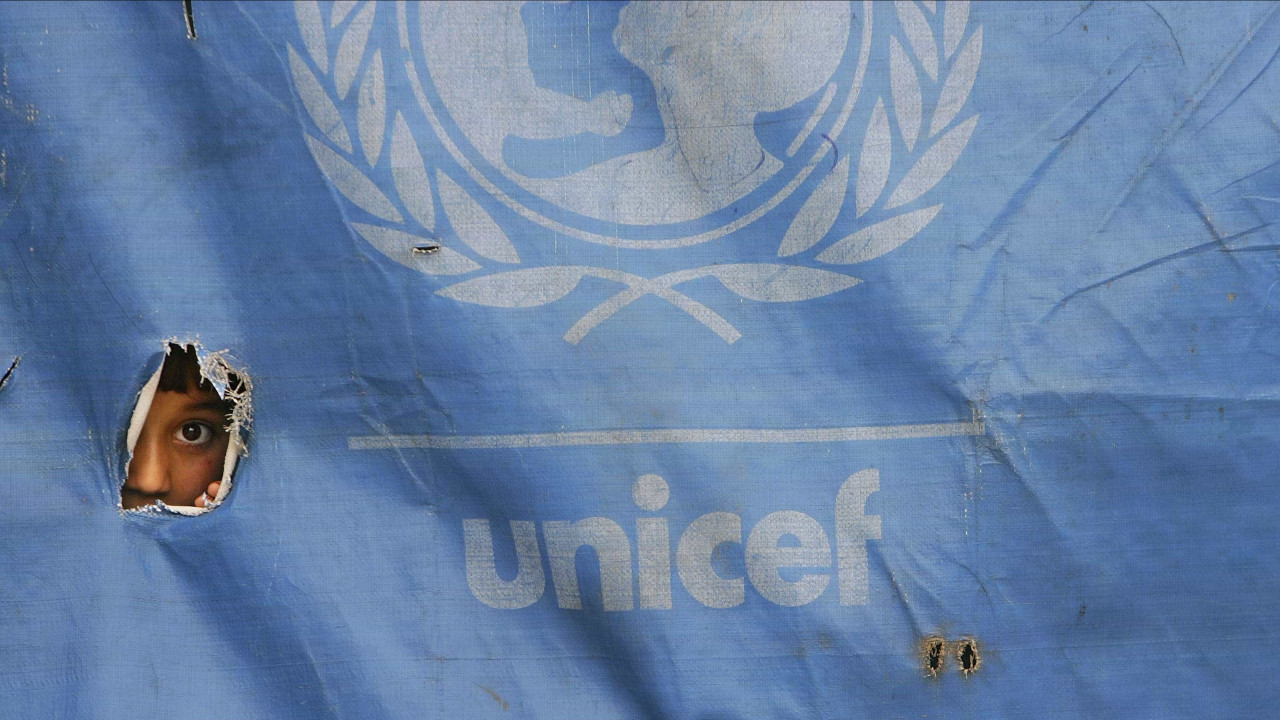
“A halfway to the 2030 Sustainable Development Goals, two thirds of indicators related to children are behind in achieving their goals”, warns UNICEF in its latest report, released on the eve of the SDG Summit, which begins on Monday , and the annual debate of the 78th UN General Assembly, on Tuesday, both in New York.
The document, titled “Progress in children’s well-being: Centering children’s rights in the 2030 Agenda”, indicates the need for “a historic acceleration” to meet the SDGs, “only possible if the world puts children at the center of agendas nationals”.
According to UNICEF, to date only 6% of the child population (or 150 million children) in 11 countries have met 50% of the targets, which corresponds to the highest level of achievement globally.
“If predicted progress continues, only a total of 60 countries — which are home to just 25% of the child population — will have achieved their targets by 2030, leaving behind around 1.9 billion children in 140 countries” , warns the report.
The SDG criteria were adopted by UN member states in 2015 with the aim of ending poverty, reducing inequalities and building more peaceful and prosperous societies by 2030, but, in the chapter aimed at children, the analysis of more than twenty years of data shows “a varied scenario of progress and setbacks”.
The objectives related to protection, learning and a life free from poverty are the furthest from its goals, the report indicates, recalling the interruption or reversal of years of progress due to the effects of crises such as the covid-19 pandemic — which contributed directly to a historic drop in immunization services and learning in low-income countries -, climate change and economic crises.
For the executive director of UNICEF, Catherine Russell, halfway through the 2030 Agenda, the world is running out of “no time to turn the promise of the SDGs into reality” and the consequences of failing to meet the goals “will be measured in the lives of children and the sustainability of the planet”.
Several low- and middle-low-income countries have shown, however, that “accelerated development is possible with strong national commitment, effective policies and adequate financing”, such as Cambodia, India, Morocco, Rwanda and Uganda.
Even so, he continues, “these countries still have a long way to go to reach the goals and must maintain their pace or accelerate even further.”
Furthermore, the report makes clear that, to reach the 2030 goals, lagging countries will have to accelerate progress to “historically unprecedented” levels.
“The data shows that investing in children’s rights drives and sustains results for all societies, people and the planet, since interventions in the first years of children’s lives are those that contribute most to eradicating hunger, poverty, poor health and inequalities”, he notes.
Specifically, UNICEF lists, on the path to fulfilling the 2030 Agenda, political commitments and a significant increase in spending in areas such as health, education and social protection, ambitious, realistic goals adapted to local contexts, priority to knowledge and establishment of solid partnerships.
The organization also highlights investment in mitigating climate change and building a habitable planet and innovating innovative options in financial systems that work.
“A lot can happen in seven years”, argues Catherine Russell, but to achieve this, “world leaders must become champions of children and place children’s rights at the center of their national political and budgetary agendas”.
Read Also: Back to school. Never ignore these warning signs in children
All News. By the Minute.
Seventh consecutive year Consumer Choice for Online Press.
Download our free App.

Source: https://www.noticiasaominuto.com/mundo/2401630/23-dos-objetivos-de-desenvolvimento-sobre-criancas-estao-em-atraso




